Improve Your Body Image by Changing Who You Follow on Social Media

If you struggle with your body image, there is one simple thing you can do to improve the perception of your body: change who you follow on social media. Here’s more info why this works, plus a list of body positive Instagram accounts you can (and should) follow.

Whether we like it or not, social media is officially part of our day to day lives. But how often do you scroll through Instagram, only to find yourself feeling bad about yourself afterward?
If you relate to this, you’re not alone. We live in a world where anyone can manufacture a perfect life, relationship and body all online. Platforms like Instagram and Facebook show us curated versions of other people’s lives. Many accounts feature idealized nutrition nor fitness goals, negative or extreme diet messages, and unrealistic – and highly photoshopped – bodies. Photo altering apps that make it simple for anyone to add a filter or edit photos in order to make them look “perfect”. We see it and believe it to be true, even when it’s not.
Social Media Affects Our Mental Health
Multiple surveys have found found that people who used social media have increased feelings of depression and anxiety. Instagram ranks the worst, which isn’t too surprising given how image-centric the app is. People who use Instagram also had the most body image concerns, especially young women and girls.
Recent studies suggest that it takes just two minutes of looking at images for you to alter your perception of your weight and your body. Do you spend more than a couple of minutes looking at your Instagram feed each day? My guess is that the answer for most of us is ‘yes’ – which means your daily Instagram scroll is most likely causing negative feelings about yourself and your body.
Here’s why: the media and popular social media accounts only tend to portray thin bodies; images of fat and larger bodied folks are largely left out. When your feed is full of people who are thin, beautiful and perfectly made up, you’re left feeling like “everyone” is thin and beautiful and perfect. Images set unrealistic expectations and can make you feel sad, inadequate, anxious, and unworthy, or wonder what you are doing wrong.
Normalizing bodies of all different shapes, sizes and colors is an important step to improving your own body image. Because here’s the thing: thin bodies are NOT the only bodies that are beautiful. Bodies come in a huge variety of shapes, sizes, colors, genders and abilities. When we only follow people who look a certain way, then we start to believe this is what real life is, and we set an unrealistic bar against which we measure ourselves.
How to Use Social Media to Help Body Image
But just as some images cause us to feel worse about ourselves, you can use images to shift your perception and improve your body image. Because nobody is perfect. And the more we see populate our feed with images of people that feature stretch marks or acne, saggy boobs or hairy legs, belly rolls or cellulite, the more we begin to realize that all this is NORMAL. We are all normal.
While we can’t control what people put on social media, we can control who we follow and therefore, what we see. So here’s an activity to try:
Step 1: Do A Social Media Clean-out
Start to be a conscious consumer of social media accounts you follow. Pay attention to who is featured:
- Does everyone look similar, or is there diversity?
- If there are fat people, people with disabilities, or people of color, how are those people portrayed?
- How do these accounts talk about food, bodies, and weight?
Go through all your social media channels, but especially Instagram (since it is so photo-focused) and unfollow, mute or block anyone or any account that:
- Makes you feel bad about yourself or your body
- Features extreme exercise or dieting behaviors
- Cuts out certain foods or food groups
- Talks about “clean eating” or “good” foods and “bad” foods
- Gives unsolicited diet advice
- Shares before and after photos
- Propels the myth that weight loss = health (because spoiler: it doesn’t)
- Causes you to compare yourself to them
Step 2: Follow More Anti-Diet and Body Positive Accounts
Follow accounts that feature a more diverse range of body shapes and sizes. The more you normalize looking at a range of bodies, the more comfortable you can begin feel with your own body. By filling your social media feed with a variety of body sizes, you’ll start to unlearn negative beliefs about larger bodies and shift your perception of what is considered “normal” or “acceptable.
Use my list of body positive instagram accounts to fill your feed with lots of different bodies of all sorts of shapes, sizes, genders, abilities and colors.
Note: I’ve done my best to exclude anyone who promotes diets, intentional weight loss or any other extreme behavior but if I’ve overlooked something please let me know!
For body positivity books, websites and podcasts, check out my resources page.
Looking for more body image support?
Check out my Unapologetic Eating 101 Course, an online, self-paced program to liberate yourself from dieting and make peace with food and your body.
My team and I also offer virtual one-on-one nutrition coaching support to help people liberate themselves from dieting and make peace with food and their bodies.
Author Bio
This article was written and reviewed by Alissa Rumsey, MS, RD, CSCS, a registered dietitian and Certified Intuitive Eating Counselor. She specializes in weight-inclusive care, intuitive eating, body image healing, mindfulness, self-compassion, and healing from chronic dieting, disordered eating, and eating disorders. Alissa holds a Bachelor’s Degree in Nutrition and Exercise Science, and a Master’s Degree in Health Communications, and is also an NSCA Certified Strength and Conditioning Specialist.
2 Comments
Leave a Comment
share the love
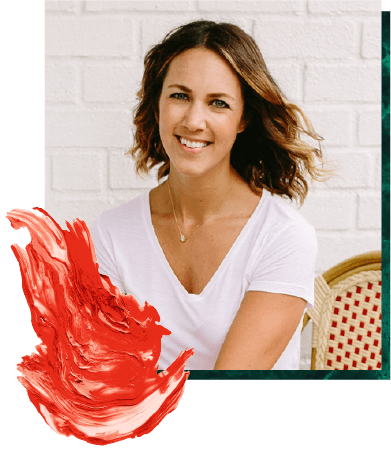
about
Alissa Rumsey, RD.
Alissa Rumsey, MS, RD, CDN, CSCS (pronouns she/her/hers) is a registered
dietitian, nutrition therapist, certified intuitive eating counselor, and the author of
Unapologetic Eating: Make Peace With Food and Transform Your Life. Alissa is
passionate about helping people reclaim the space to eat and live,
unapologetically.
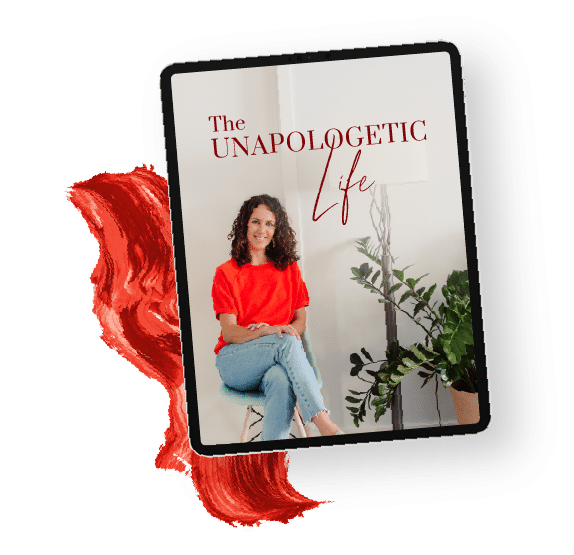
A twice-a-month round-up of inspirational stories, lessons, practical tips and encouragement for living your most authentic, unapologetic life.
The Unapologetic Life
RECENT POSTS
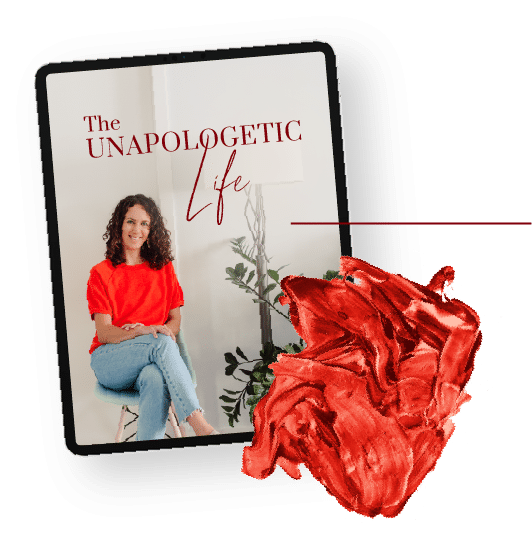
The Unapologetic Life
A twice-a-month round-up of inspirational stories, lessons, practical tips and encouragement for living your most authentic, unapologetic life.






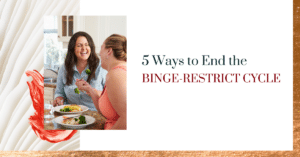

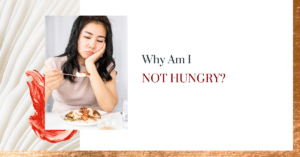
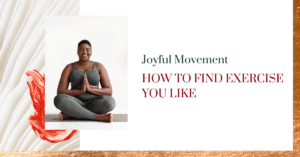
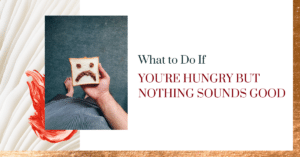
All the models you have included in your article about body image are overweight. I thought you said ALL body shapes?
I am thin and want to be overweight like them but I just can’t seem to put on the weight no matter what I do. I see image after image of big people being popular and accepted while thin people get slammed and critised for being thin. Your article is not acceptance of all body types it’s acceptable to be overweight and unacceptable to be thin now.
That’s why I don’t like being thin, maybe these people should share their diet tips to help people like me put on some weight or perhaps big people should play fair and stop slamming thin body types like me.
Jess
Hi Jess, I’m sorry that you’ve experienced criticism and comments about your body size, that is not right. And that is not at all what I am doing here – there is nothing wrong with being thin; I’m trying to help people in all bodies accept their natural size. The the overwhelming majority of bodies on Instagram and in the media are thin. While yes, thin people can still have body images issues and some may experience criticism for being thing, they are not marginalized or oppressed like people in larger bodies are. People in thin bodies can still walk into a restaurant and find a chair they fit in, or go to the doctors office for an earache and not get told they need to lose weight, or get on an airplane without the stress of being able to fit or the stares/comments they’ll get because of their size. I featured larger body individuals here because it is extremely easy to find smaller-bodied people to follow on Instagram, less so larger-bodied.